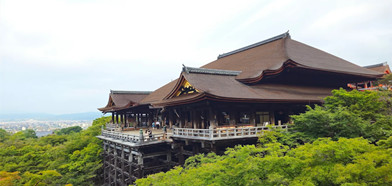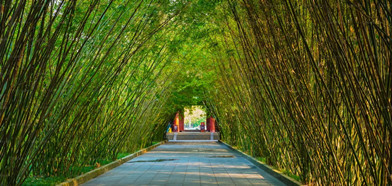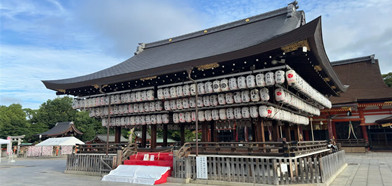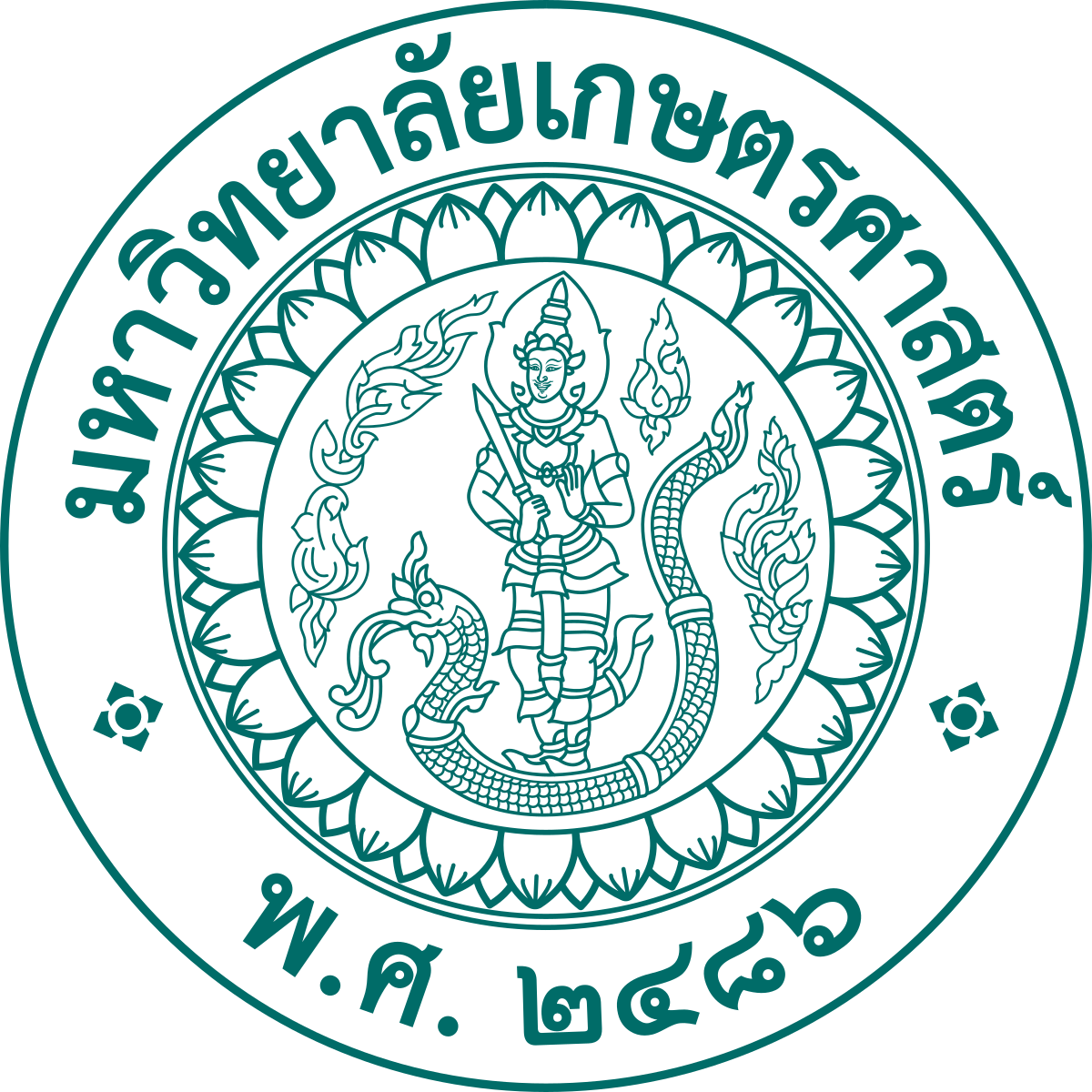About ICBAE
In the coming decades,the world food structure will face huge challenges to feed its large and growing population. The influence factors include on-going growth of the world population, the limited availability of natural resources and climate change. 2026 7th International Conference on Biotechnology and Agriculture Engineering, as one of the premier forum for presenting developments in the field, aimed to bring together leading scientists, researchers around the world to discuss the priority topics for Biotechnology and Agriculture Engineering in recent years, will be held in Kyoto, Japan during October 10-12, 2026.
About Publication
Accepted papers of ICBAE 2026 will be published in conference proceedings, which is now indexed by Scopus, CPCI (Web of Science)(submitted to for indexing), DOAJ, Google Scholar, etc.
ICBAE 2024 Conference proceedings of Volume 150 in BIO Web of Conferences | Indexed by Scopus
| Presentation only: For those a few authors who don't expect any publication of your papers, you're welcome to submit the abstracts to us and present your papers at the conference without publishing. |
Why Choose Us?
With members from around the world focused on learning about Biotechnology and Agriculture Engineering and its advances; this is your best opportunity to reach the largest assemblage of participants from the community. Conduct presentations, distribute information, meet with current and potential scientists, make a splash with new advancements and developments, and receive name recognition at this 3-day event. World-renowned speakers, the most recent techniques, developments, and the newest updates in the research field are hallmarks of this conference.
Important Date
Submission
Deadline: Before May 15, 2026
Notifiation Date: Before June 5, 2026
Regsitration Deadline: Before June 20, 2026
Conference Date: October
10-12,, 2026



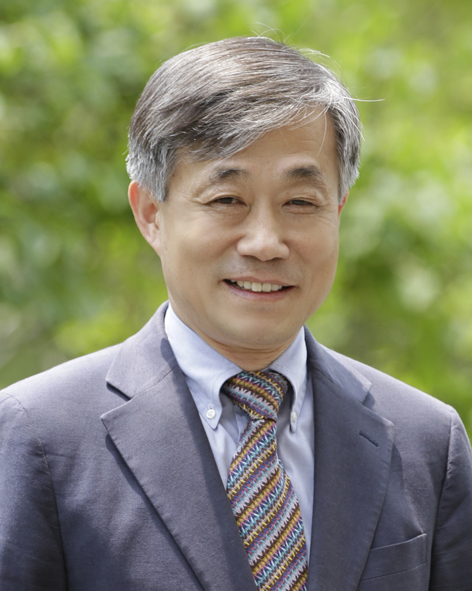

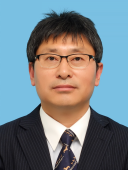
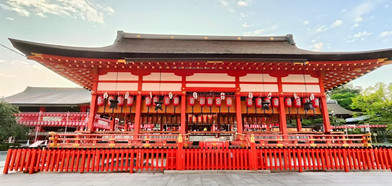
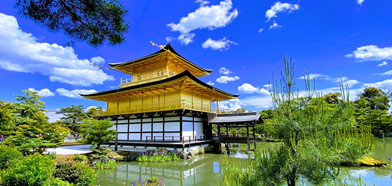 Kinkaku-ji
(The Golden Pavilion)
Kinkaku-ji
(The Golden Pavilion) 